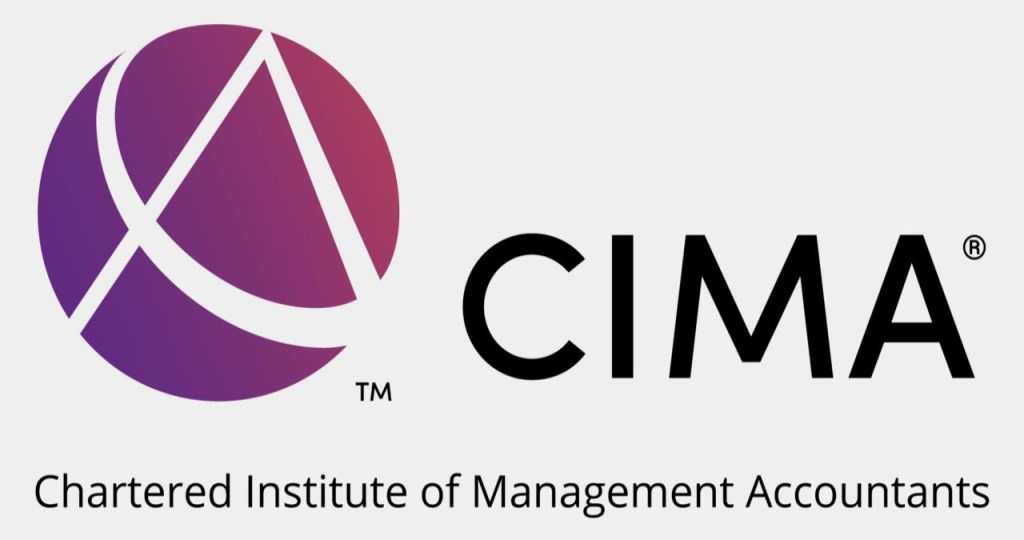For earning the Chartered Global Management Accountant (CGMA) designation, you need to focus on analytical thinking and strategic planning, in addition to core accountancy and finance skills. The Chartered Institute of Management Accountants (CIMA) – the global body that conducts the CGMA exam – has launched a new syllabus and blueprints for the 2026 Case Study exams.
The upgraded syllabus enhances key competencies and behaviours such as finance business partnering, analytical thinking, and strategic planning, while broadening its scope to include sustainability (green finance, environmental costing, and disclosures under IFRS S1/S2) and cutting-edge financial technologies (GenAI) content.
This emphasis on finance business partnering and applied problem solving aligns with the AICPA & CIMA’s Future of Finance 2.0 research and the World Economic Forum’s Future of Jobs Report 2025, which predict that combining technology and human insight will be crucial for career success in the knowledge economy and essential for future accounting and finance roles.
These changes do not impact learners taking CGMA exams in 2025. A Case Study and Objective Tests study support materials pack will be launched in October to help students prepare for the May 2026 CGMA exams. CIMA has also created over 50 hours of free study support materials to help candidates progress through exams and their journey to becoming CGMA designation holders.
The last change of syllabus happened in 2019.
Stephen Flatman, vice-president of Education and Professional Qualifications, Management Accounting at AICPA & CIMA, said that with a focus on finance role simulations embedded in our Case Study exams, the CGMA Professional Qualification allows finance professionals to quickly develop and apply cognitive, digital, and technical skills needed as finance business partners. “Our unique problem-solving educational approach helps them provide expert advice, support decision-making, and create value for organisations.,” he said.
Andrew Harding, FCMA, CGMA, Chief Executive – Management Accounting at AICPA & CIMA, added that this year’s update to the CGMA Professional Qualification syllabus sets it apart from traditional accounting and finance education, which still focuses heavily on preparing information, controls, and compliance – tasks increasingly automated by technology. “The CGMA Professional Qualification is designed for the future of finance; created by finance professionals to equip future finance professionals with skills they need to be value creators,” he said.
In addition, recently the CIMA awarded 62 accounting and finance professionals in India with their CGMA certificates, and their CGMA designation, and around 200 professionals finished exam of different levels at its convocation ceremony in Bangalore.
The CGMA designation was established in 2012 by the American Institute of CPAs (AICPA) and the CIMA to recognise a unique group of accounting and finance professionals who have reached the highest benchmark of quality and competence. It is built on extensive research to maintain the highest relevance with employers and help candidates develop the business, digital, people, and leadership skills, needed to build successful careers in accounting, business, and finance.

